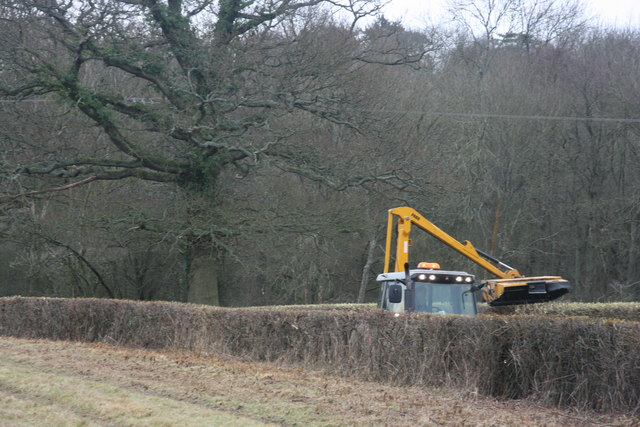Heritage Bill will be “devastating” for wildlife, Committee told

November 30th, 2017
Plans to extend the seasons for upland burning and hedge cutting under the much-debated Heritage Bill will have “devastating” consequences for our wildlife, a Committee hearing was told yesterday.
The Joint Committee on Culture, Heritage, and the Gaeltacht met yesterday to discuss the Bill after it passed through the Dáil earlier this month.
The Committee heard from the Irish Wildlife Trust (IWT), the Irish Farmers Association (IFA), and the Irish Natura and Hill Farmers Association (INHFA).
The Bill, introduced by the Heritage Minister Heather Humphrey in January 2016, outlines plans to allow for scrub burning in March and hedge cutting in August.
Hedge Cutting Controversy
The IWT’s Pádraic Fogarty, however, told the Committee that the Minister’s decision to push for changes to the hedge-cutting season on health and safety grounds “remains a mystery”.
He said that this is already accounted for under Section 40 of the Wildlife Act which allows for roadside hedge cutting during the closed season for reasons of public health or safety.
Mr Fogarty added that allowing hedge-cutting during this “crucial” month would make “survival more difficult” for many species that depend on hedgerows for nesting, shelter, and food.
He added that the consequences of a change in the cutting season would be “devastating” for many bird species that continue to nest and stock up during August for the upcoming winter.
IFA Special Areas of Conservation Project Team Chairman, Padraic Joyce, said, however, that allowing farmers to cut hedges in August would be a “sensible decision” from a road and farm safety perspective.
“August is a busy farming month, with many farmers harvesting crops, spreading soil nutrients and transporting livestock, and therefore needing access to roads,” Mr Joyce told the Committee.

Upland Burning
It is currently an offense under the Wildlife Act to burn any vegetation growing on any land not then cultivated from 1 March to 31 August.
IFA National Hill Chairman Pat Dunne said that extending the dates for upland burning will “assist efforts to address uncontrolled wildfires and uncontrolled vegetation”.
Mr Fogarty, however, said that extending the permitted season into March is unlikely to provide suitable conditions for controlled burning.
He offered several alternatives to upland burning, include replacing sheep with cattle for additional grazing, planting upland native woodlands, and paying landowners to allow vegetation to grow.
He added that the removal of the requirement for vegetation to be at a grazable height to qualify for the Basic Payment Scheme would eliminate “a significant driver for wildfires”.
A recent research project from Leeds University on the effects of moorland burning on peatlands linked controlled burning to habitat and biodiversity loss, pollution of water courses, reduced soil fertility and the loss of carbon sinks.
The IWT recently lodged a complaint with the European Commission in relation to upland wildfires, with a petition against the extension of the burning season receiving over 30,000 signatures to date.
In its formal complaint to the Commission, the conservation charity presented evidence of 97 illegal wildfires started between 24 March and 22 May 2017 across 19 counties.
Forty per cent of the fires occurred in sites with special protection or conservation status, including Killarney National Park, Wicklow Mountains National Park and the Ox Mountains in Co Sligo.
Flawed piece of legislation
Following yesterday’s hearing, Sinn Fein Senator Fintan Warfield said that he remains “unconvinced” that the proposed objectives of the bill would not damage biodiversity to a “regrettable degree”.
Speaking to The Green News, Mr Warfield said that he was “surprised” to see the IFA and INHFA speaking in favour of the Bill, stating that most farmers respect their role as custodians of our natural heritage and do not feel this Bill is of a high priority to their work.
“[The Heritage Bill] is a flawed piece of legislation that neither maintains nor supports our natural heritage,” he added.
Senator Grace O’Sullivan echoed this sentiment, saying that the Committee was hearing a discussion on a “deeply flawed and damaging bill that skirted around the real issues”.
A vocal critic of the Bill since its introduction in 2016, Ms O’Sullivan added that the Bill has nothing to do with road safety and “everything to do with compromising essential wildlife protections for no obvious reason.”
“It is regrettable that many on the Committee did not question or examine these flaws this week, instead choosing to focus on unrelated matters,” she added.
A further Committee meeting is scheduled to take place next Tuesday to further examine the Bill.
[x_author title=”About the Author”]








